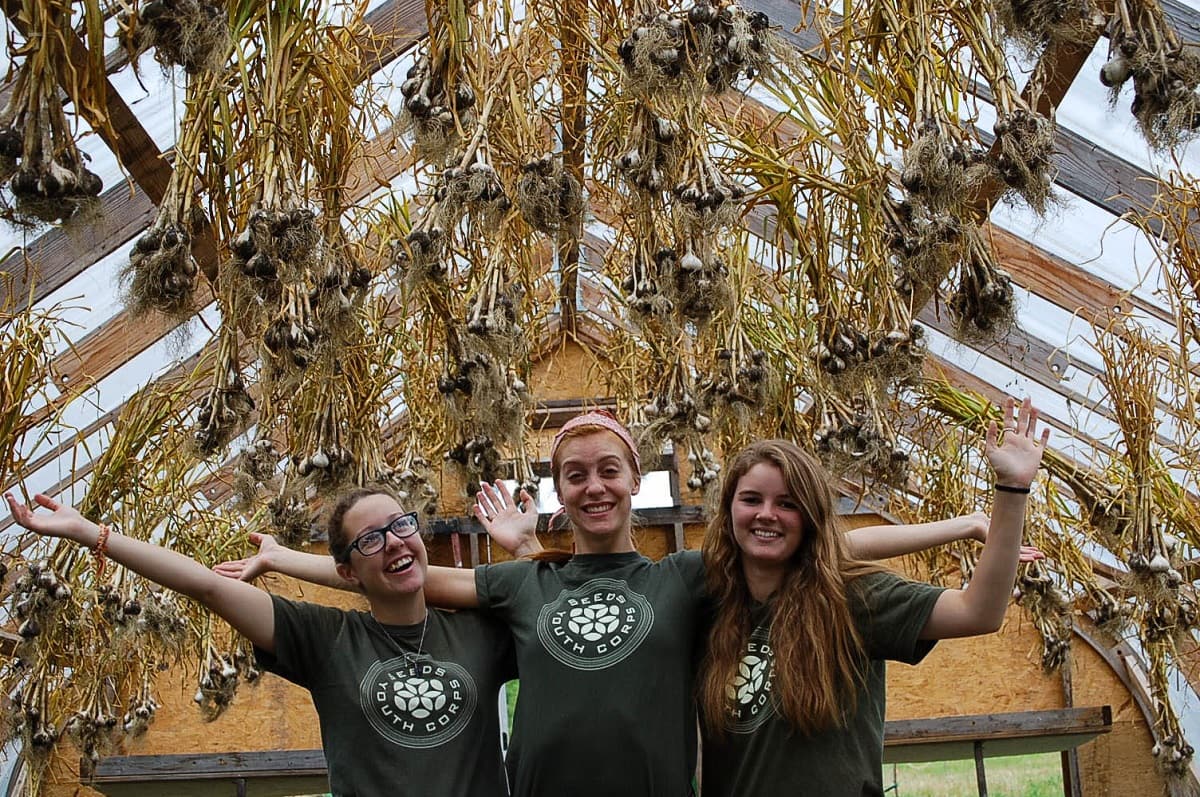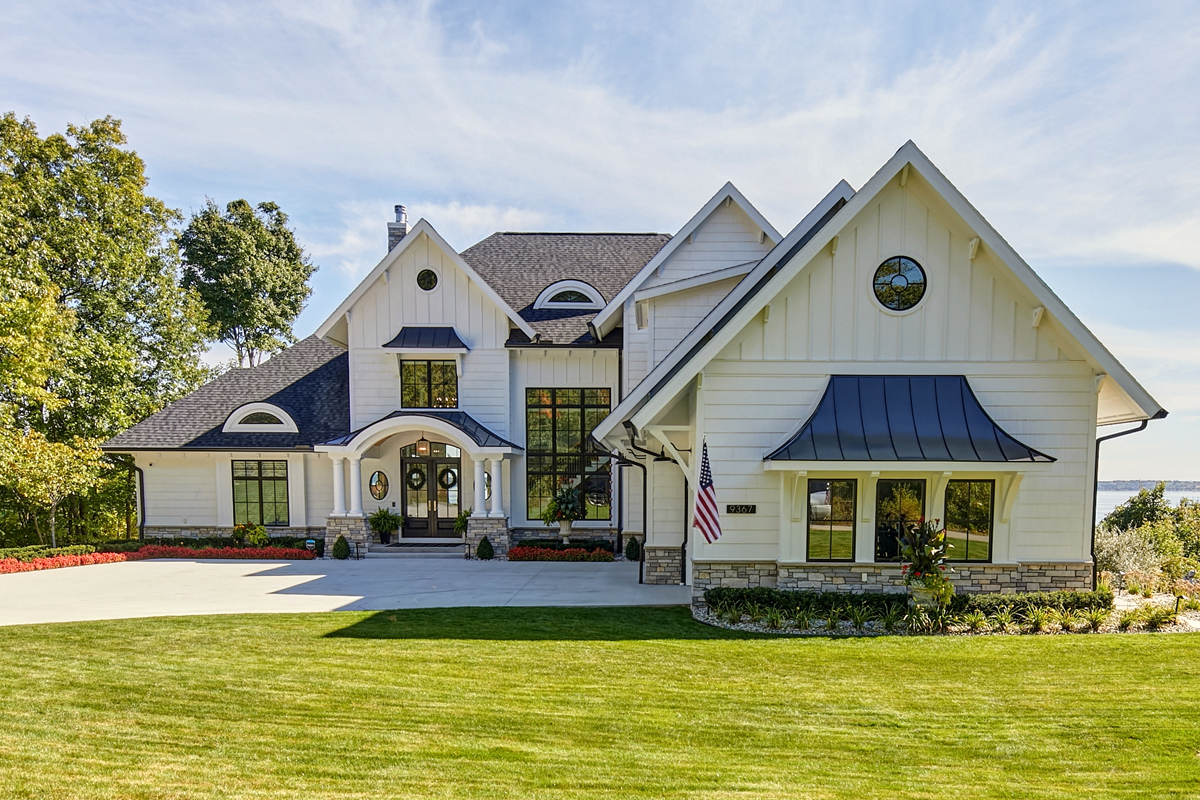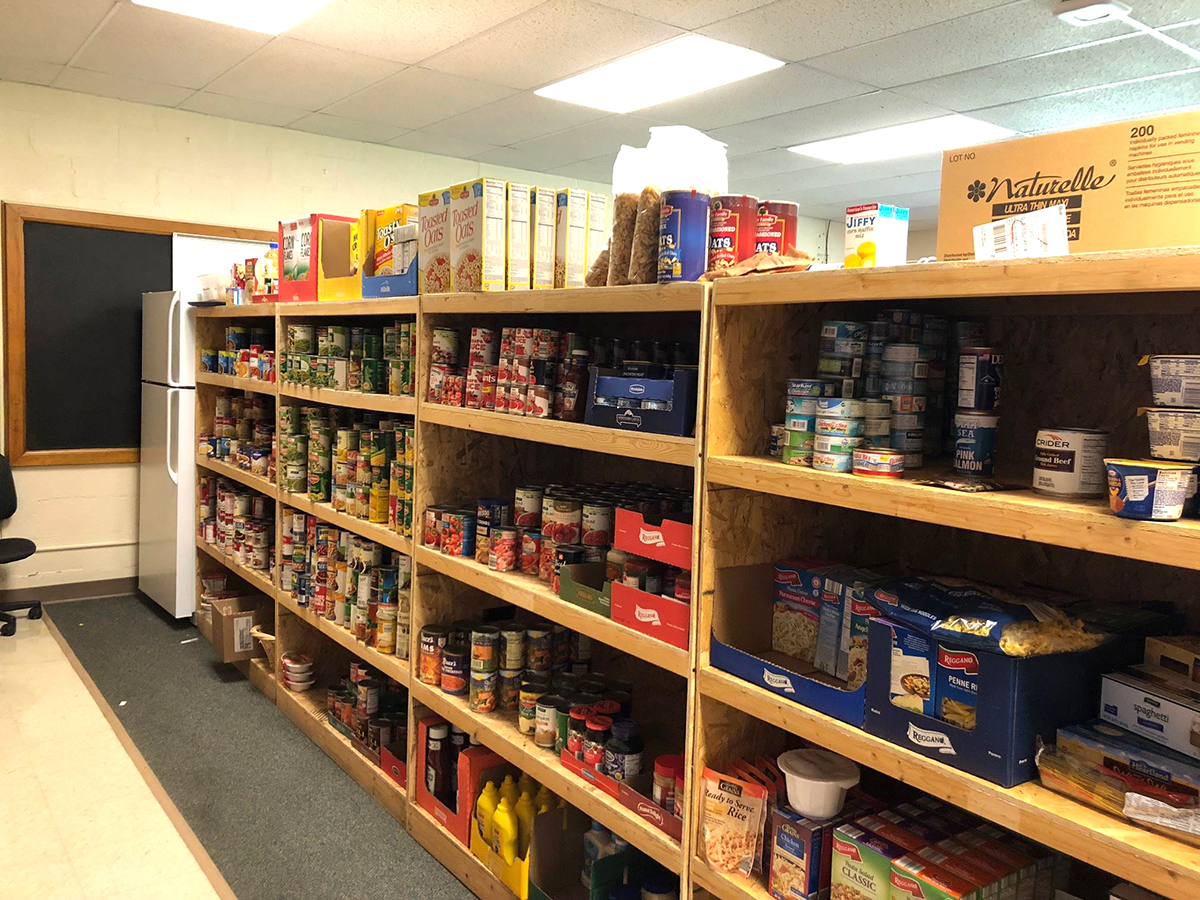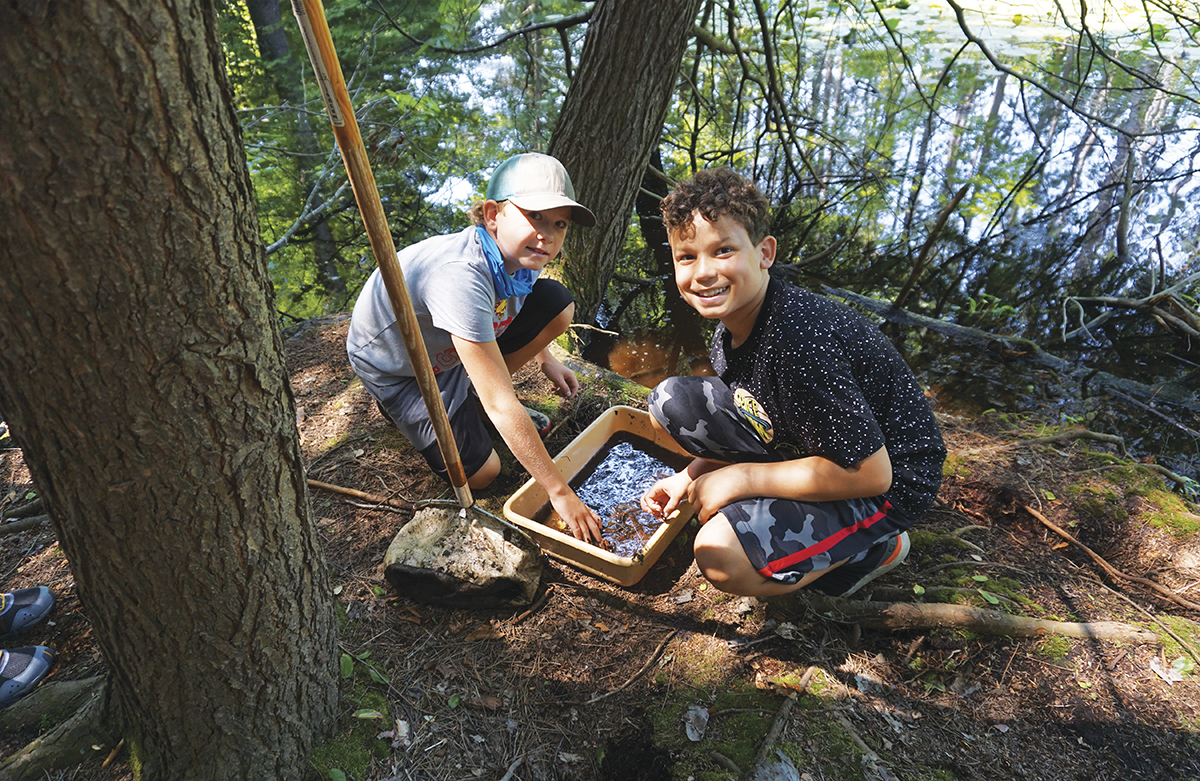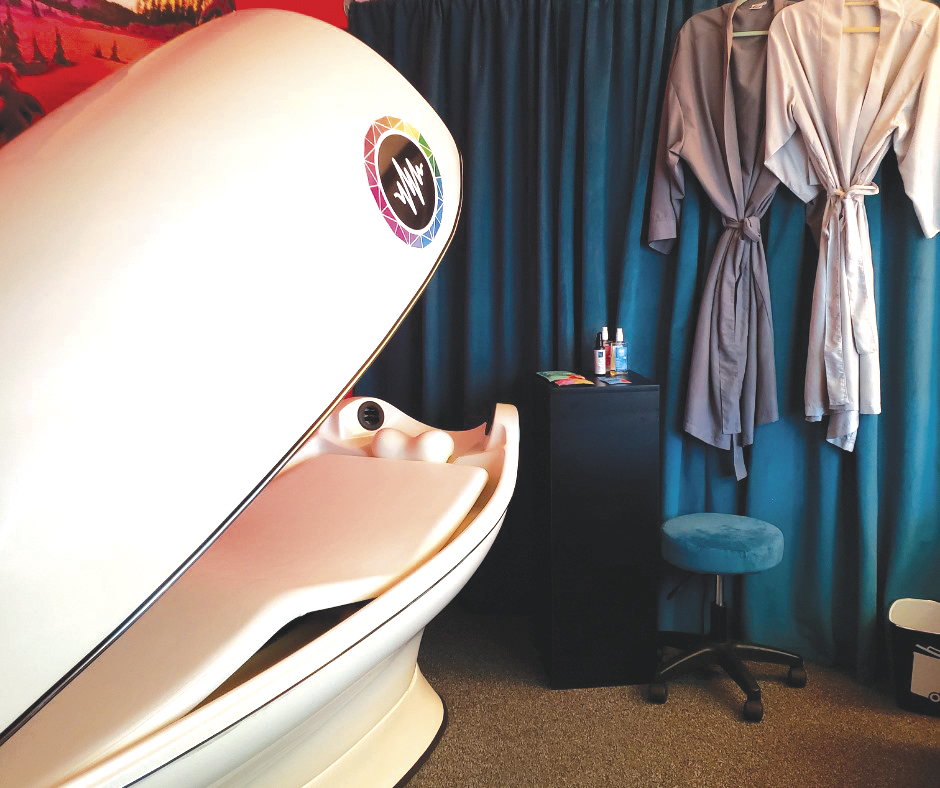WRITER | NICOLETTE CHAMBERY
PHOTOS | SEEDS
It’s one thing to have distinct interests in college and to study particular areas with the intent to work, in some capacity, in each field. It’s an entirely different thing to identify a connection between seemingly dissimilar passions that not only creates a solvent job but also establishes a forum for community involvement and ecological awareness.
This is what a group of graduate students did in 1999 when they formed SEEDS, a nonprofit that “implements local solutions to global issues at the intersection of ecology, education, and design.”
While each person had a different background, the founders came up with a mission that fosters community development based on an ecology-rooted framework that takes humans, plants, and animals into consideration. In the words of SEEDS executive director Sarna Salzman, “We’d really like to reflect the solutions nature has shown us the last four billion years. We have a deep understanding that we exist in a socio-ecological realm, which means we must think of holistic design solutions that address the challenges we encounter.”
Salzman is motivated by this work because she is fascinated by social structures and how to build them. Her graduate work was focused on creating an environment that accommodates the way humans interact with the physical world that also propels ideal social outcomes forward.
To accomplish this work, SEEDS offers programs as well as consultancy services to address whatever unique challenges an agency encounters.
The first program is the Extra Ordinary Education that identifies how children can use food and physical movement for health. They provide learning opportunities specifically designed to supplement school programs, including hands-on experiences that make learning fun and engaging. By the numbers, SEEDS after-school programs have provided thousands of hours of curriculum to four different schools in the following categories:
- Science, technology, engineering, and math (STEM)
- Arts and culture
- Energy and environment
- Combating obesity
- Culinary learning
- Youth development
SEEDS has also developed the Youth Conservation Corps, which hires 16- to 24-year-olds and empowers them to learn “green-collar” job skills through service learning projects in land stewardship, habitat restoration, energy efficiency, and small-scale farming.
Salazar offers five challenges to children and adults alike that can ensure the impact and longevity of SEEDS’ important work:
- Be vigilant about replacing light bulbs with LEDs. Buy Energy Star appliances and equipment – everything you can, even ceiling fans. (Especially ceiling fans, in fact! Did you know that most fans actively heat a room with their inefficient motors, even as you crave a cool breeze?
- Be kind to the soil and the waters. Read the ingredients on your cleaning products, your beauty products, and your gardening products. There are always organic options. Never underestimate the power of lemon juice, baking soda, or hydrogen peroxide (H2O2). (Did you know that regularly available H2O2 can be an organic fungicide for house plants?)
- Get a free energy assessment for any building you manage. If you rent, check out low- and no-cost measures (light bulbs again!). Where you own, consider financing energy-efficiency enhancements that will be a good return on investment. Don’t think you have anything left to improve? Call SEEDS!
- Say something in support of anything you care about. Put yourself in a situation that makes you a little nervous. First find your voice, then listen.
- Sleep plenty, eat vegetables, be kind to your neighbors, and find forgiveness. Humans, perhaps more than other creatures, are fallible. The Dalai Lama reminds us, “Try with all your might, work very, very hard to make the world a better place, and if all your efforts are to no avail . . . no hard feelings!”
SEEDS 934 E. Eighth St., Traverse City 49686 l (231) 947-0312 l EcoSeeds.org


